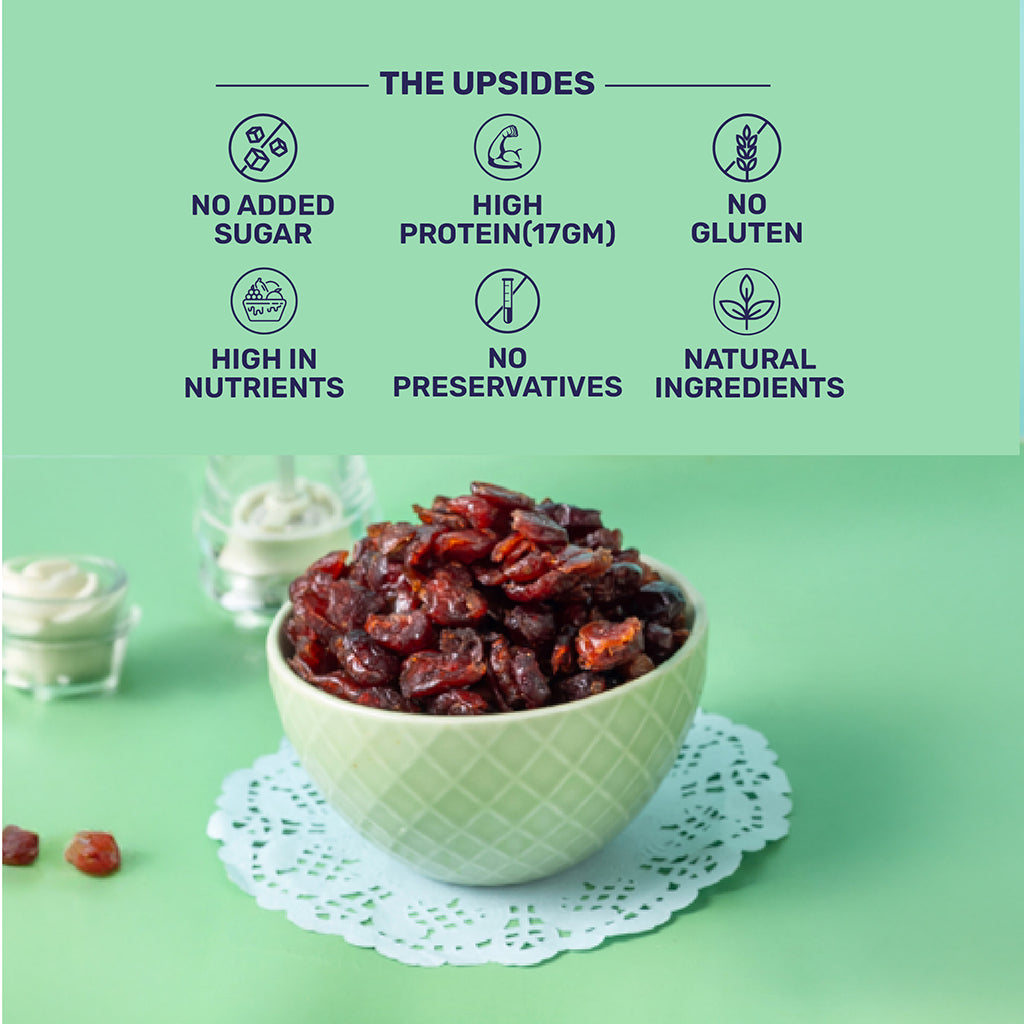
You must have heard "diet" a lot on your journey to better health or fat loss. We are here to tell
you otherwise - we believe in a lifestyle where you enjoy this journey for the longest time.
How?
Consistently keeping track of your calorie intake is the key. You will gain weight if your body has
a higher intake of calories than expulsion. If you're failing to lose weight within your expected
time, it is high time to look after your body's insulin.
What is Insulin?
Insulin is a hormone created by your pancreas that controls glucose amounts in your
bloodstream. It helps your body convert glucose into energy and stores the rest in your liver, fat,
and muscles. Insulin regulates your body’s metabolism through carbohydrates, fats, and
proteins. Hence, maintaining steady levels is essential.
What are steady glucose levels?
Glycaemia, also known as the blood sugar level, blood sugar concentration, or blood glucose
level, is the measure of glucose concentration in our blood.
Glucose levels are usually lowest in the morning, before the first meal of the day, and rise after
meals for an hour or two by a few millimoles. Blood sugar levels outside the normal range might
indicate a medical condition. A persistently high level is called hyperglycemia & low levels are
called hypoglycemia.
Managing blood sugar for a person with diabetes is keeping the levels within a healthy range of
80 to 130 mg/dL before eating. And for a non-diabetic person, the blood sugar levels range
between 70 to 99 mg/dL after fasting and less than 140 after eating.
There is a thin line between fat loss and weight loss.
Gaining weight and fat is easier than losing them. Since fat loss refers to weight loss from fats,
it's a more specific and healthful goal. And understanding our body's process is vital in this
journey.
Every individual is different and may react uniquely to the same food. Consider Bob and Bill
having the same bowl of salad. We can’t guess how it may resonate with their blood glucose
levels. One thing is sure; the graphs will differ.
Fat loss begins with improving your lifestyle. Eat wholesome food with plenty of protein and
fiber. Also, using tech like the CGM - Continuous Glucose Monitoring helps track your blood
glucose and metabolic rate in your body. It tracks your real-time health data, the spikes, and the
dips. This device will do wonders on this journey.
Revolutionize your Food & lifestyle for Health
Food with high dietary fiber, good fats, and lean protein help minimize your blood sugar
response. Transform your lifestyle by tracking your nutrition, sleep, workout regime, and routine.
One cannot calculate mental stress, but one can hack it. People often say, “Do Good, Feel
Good.” Here, “Good mood sponsored by good food” will work too.
Master Your Metabolism
Your metabolism plays a massive role in this journey. For example, if it is slow, you barely eat
anything and still gain weight.
Metabolism is partly genetic and largely outside one's control. Whether your metabolism is fast
or slow, your body is designed to store excess energy in fat cells.
The bottom line is that you can change your metabolic health by constantly keeping your
lifestyle in check: calorie intake, nutrition choices & physical activities.
So, are you ready to take charge of your metabolic health?








Comments (0)
Back to Learn